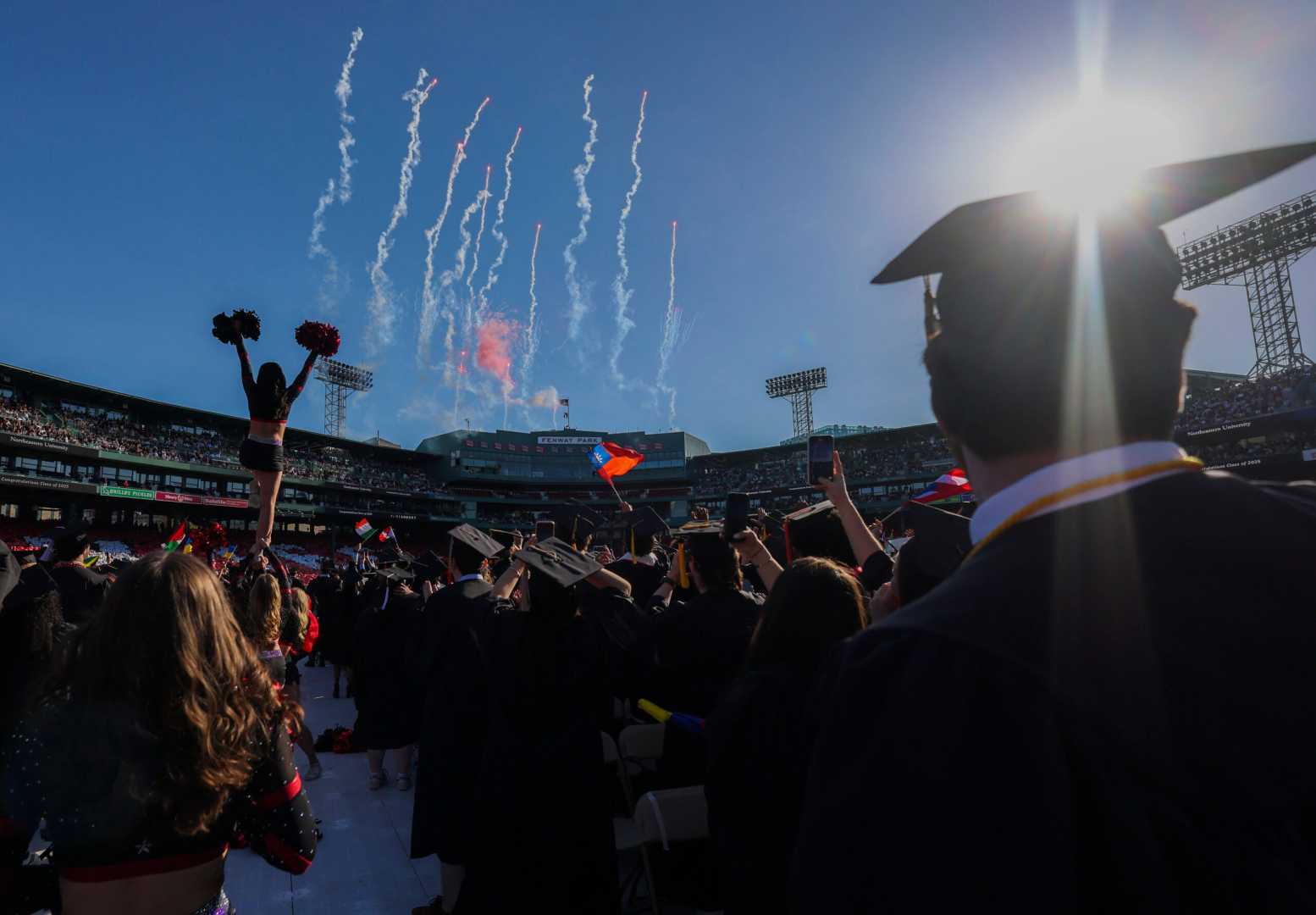Education
Graduates Push Back Against AI Use at Northeastern University Ceremonies

BOSTON, MA – As artificial intelligence continues to infiltrate various sectors, Northeastern University has chosen to integrate this technology into its graduation ceremonies, stirring criticism among recent graduates.
During the recent graduation ceremonies, the university used an AI tool named Tassel to call out student names as they crossed the stage to receive their diplomas. This approach left some graduates, like journalism major Henry Bova, feeling detached from their moment of accomplishment. “It just felt so alien and weird,” Bova said. “It really pulled me from the moment.”
Bova expressed his grievances in an op-ed published by The Huntington News, Northeastern’s independent newspaper, arguing that the AI’s role in name announcements suggested a lack of respect for the student body. “The university showed more reverence for artificial intelligence than for its student body,” he wrote.
Sophia Seremetis, who graduated with a degree in design, echoed Bova’s sentiments. “It felt really disingenuous for them to take this really removed tool to read everybody’s names,” she said. Despite these criticisms, Northeastern University maintained that feedback from the ceremonies remained overwhelmingly positive. “Nearly 15,000 students and their families have celebrated graduation across Northeastern’s global campuses,” said Renata Nyul, a university spokesperson.
According to Nyul, the use of AI was part of a thoughtfully planned ceremony that aimed to create a memorable experience. However, the university did not provide further details on the supposed “overwhelmingly positive” feedback. Bova countered, stating that the consensus among his peers was primarily negative, claiming that most felt either disrespected or found humor in the situation.
The AI tool is designed to pronounce names based on a database containing over 100,000 syllabic pronunciations. While students can enter phonetic spellings to ensure accuracy, not all graduates were aware of this option, leading to misunderstandings. Seremetis said, “I don’t think it was well-advertised.”
Many universities, including some in the Boston area, have adopted similar AI services in their ceremonies. West Chester University recently garnered over 1,000 signatures from students requesting a return to human voice announcements after introducing Tassel’s AI service.
Critics argue that while the AI system ensures correct pronunciation, it lacks the personal touch that typically makes graduation ceremonies special. Seremetis raised concerns about whether automation is necessary for efficient ceremonies. “Instead, you could have the reader actually learn the names,” she suggested.
In his op-ed, Bova emphasized that graduation ceremonies should focus on celebrating individuals, not the efficiency of the event. “Graduation is not about the flow of the ceremony; it’s about people celebrating people,” he said, noting that the automation diminished the significance of the moment.
As Northeastern University embraces AI technology, some students worry about the implications on their education and future careers. Seremetis voiced concerns that AI’s increasing presence in the job market poses more threats than benefits, stating, “It’s pretty scary.”












